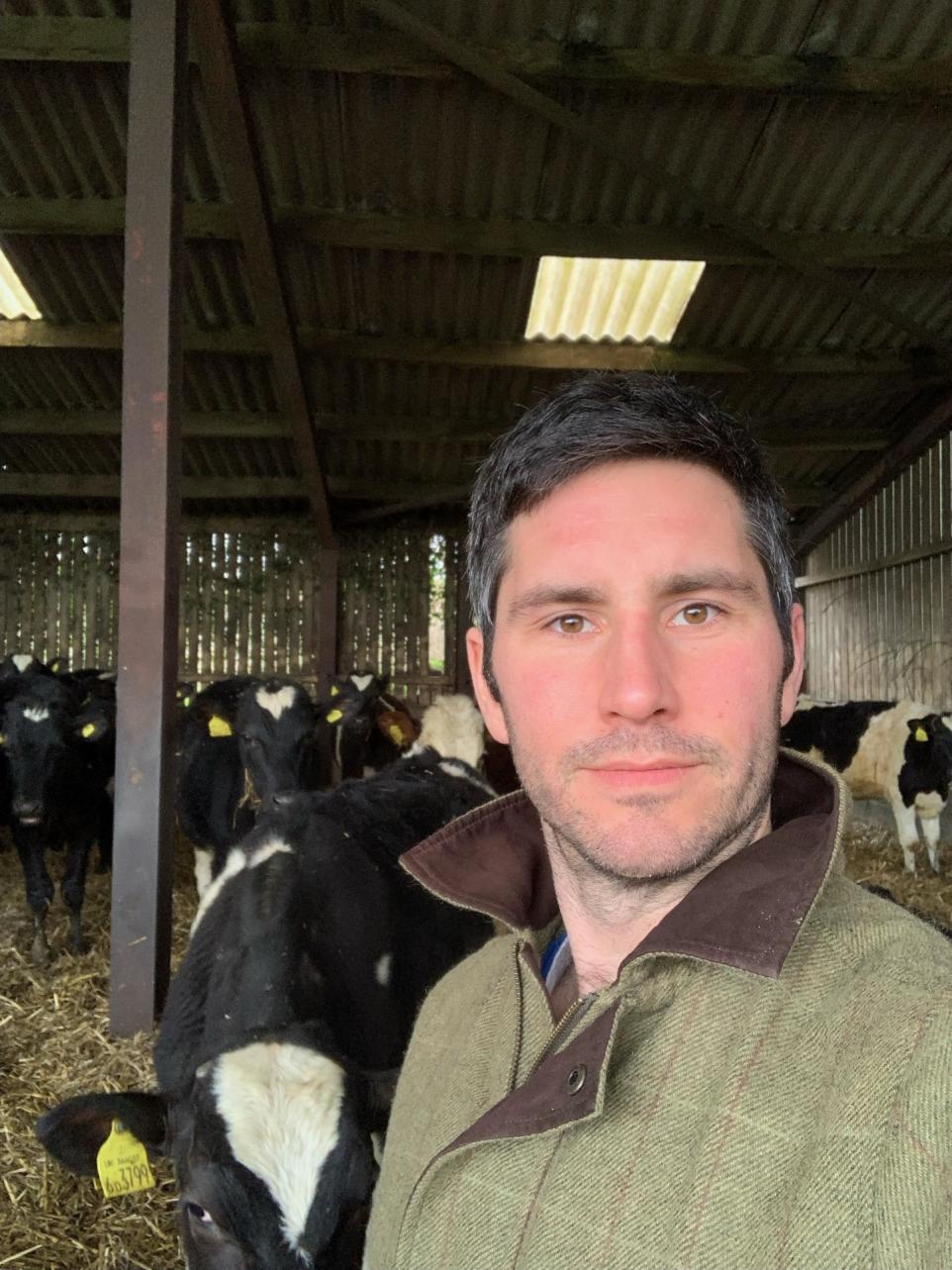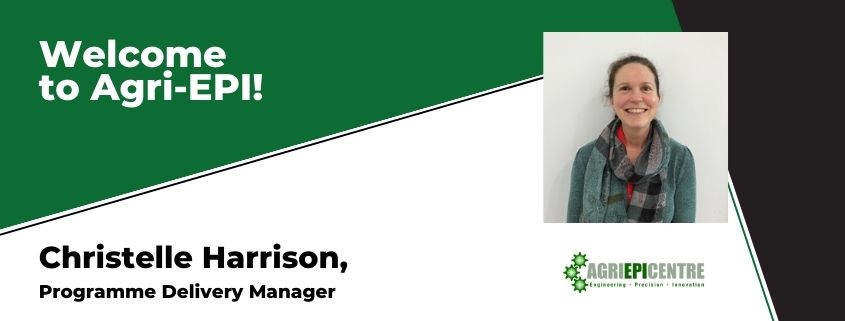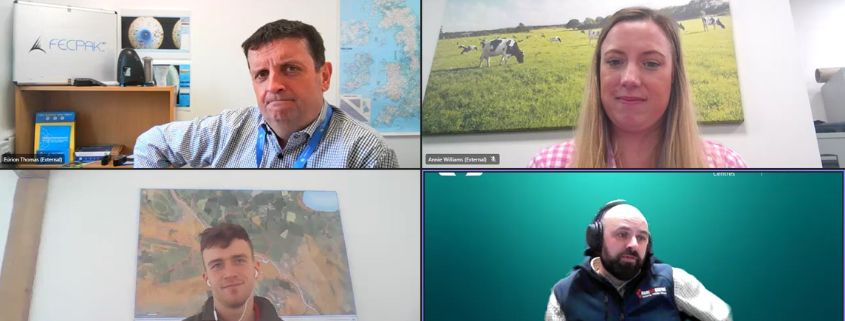Edinburgh-based agri-tech innovator, Crover, developed the world’s first ‘granular drone’ that can move through bulk solids and powders and with further funding have developed new capabilities to enhance their robotic sensing technology.
As part of a recent funding from the Department for Environment, Food and Rural Affairs (Defra) and Innovate UK’s Farming Innovation Programme they have developed a Proof of Concept (PoC) miniaturised nuclear magnetic resonance (NMR) sensor to identify contamination in grain bulks.
Cereal grains are the basis of staple diets, yet one quarter of the world food supply is contaminated with mycotoxins, dangerous toxic substances emitted by some types of moulds which will spoil the produce and impact the quality and supply of grain. Crover’s product enables farmers, grain storage operators, traders and aggregators to monitor and maintain the quality of their grain efficiently and remotely.
The new version of the CROVER robot using the NMR sensor can swim through grain bulks and identify concentrations of mycotoxins at different points within the bulk. This system allows for issues that may not be represented in traditional lab-based measurements to be found early, and for contaminated areas to be controlled, hence saving the rest of the bulk.
Duncan Ross, Business Development Manager for Crops and Horticulture at Agri-EPI Centre, said:
“We are pleased to have been working with Crover on this project developing sensor capability on a mobile platform to measure toxins in grain bulks, improving the long-term storage of grain. This enhances the work completed in previous projects of sampling grain addressing the health and safety risks with staff taking manual samples.”
Along with developing the core electronics and NMR system, Crover has been working to tune the sensitivity of the sensor to specific toxins, such as Ochratoxin A, and remove background noise.
Lorenzo Conti, Founder and Managing Director at Crover, said:
“We are delighted to have been working with Agri-EPI Centre and Dyson Farming, thanks to Innovate UK support, on the feasibility study of a portable NMR sensor. This is potentially the most challenging project we have taken on to date, but from which we see very long-term benefits for the grain supply chain as a whole and a potential for wider applications. Currently sensors suitable for in-situ measurement of grain bulks only exist for temperature, moisture, and CO2. Measuring other important parameters like mycotoxins, proteins, etc. requires samples to be collected and analysed via laboratory procedures and machinery.
This project is the first step on the journey of bringing modern grain lab analyses to the site and into the bulk, via advanced portable sensing capabilities.”




